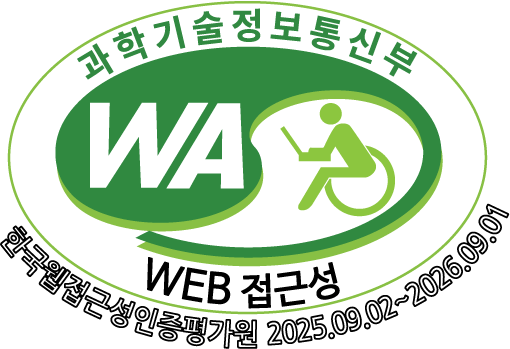이 보고서에서는 인공지능(AI)이 과학 연구의 전 과정에 가져온 혁신적 변화를 분석하여, AI 기반 연구 패러다임의 특성과 각 연구 단계별 활용 사례, 정책적 시사점을 제시하고자 하였다. AI는 경험, 이론, 계산, 데이터 주도에 이은 제5의 과학혁명의 핵심 동력으로, 인간 연구자의 인지적 한계를 보완하고 지식 창출 과정 자체를 재정의하고 있다. 특히 AI는 방대한 데이터에서 패턴을 발견하고, 학제 간 경계를 넘나드는 지식 연결을 수행하며, 가설 생성부터 실험 수행, 데이터 분석에 이르는 연구 전 주기를 통합적으로 지원하는 지능형 연구 동반자로 진화하고 있다. 이러한 변화는 연구의 속도와 규모를 기하급수적으로 확장시켰을 뿐만 아니라, 연구 접근성을 높여 고가 장비나 전문 지식 없이도 첨단 연구에 참여할 수 있는 환경을 만드는데 기여하고 있다. 나아가 AI는 장기간 미해결로 남아있던 과학적 난제들을 해결하고, 인간이 상상하지 못한 새로운 연구 영역을 개척하며, 실시간 글로벌 협업을 가능케 하는 연구 인프라로 자리잡고 있다. 이에 대응하여 우리나라도 산업경쟁력의 원천인 과학기술 분야의 연구 효율성 제고와 세계적 연구 성과를 달성하는데 AI를 적극 활용하는 정책 기반을 구축해 가야한다. 이를 위해 AI 주도의 연구 패러다임을 재정립하고, 연구 단계별 AI 활용 가능성을 다방면으로 탐색할 필요가 있다. 아울러, AI의 기술적 한계와 오류 가능성에 대한 명확한 인식과 올바른 연구 윤리를 바탕으로 연구 현장에 활용할 수 있도록 정책적, 기술적 지원이 수반되어야 한다. 이를 바탕으로 과학기술 연구의 새로운 ‘운영체제’로서 과학기술 특화 AI 모델 개발, 연구 데이터 및 인프라 공유, 연구 산출물의 신뢰성 검증 기술 개발을 병행에 안전하고 믿을 수 있는 모두를 위한 과학 기술 AI (AI for Science & Technology) 실현 환경을 선도적으로 구현해야 할 것이다. Executive Summary This report aims to analyze the transformative changes that artificial intelligence (AI) has brought to the entire scientific research process, presenting the characteristics of AI-driven research paradigms, use cases at each research stage, and policy implications. AI serves as the core driving force of the fifth scientific revolution following empirical, theoretical, computational, and data-driven approaches, complementing the cognitive limitations of human researchers and redefining the knowledge creation process itself. In particular, AI is evolving into an intelligent research companion that discovers patterns in vast datasets, performs knowledge connections across interdisciplinary boundaries, and provides integrated support throughout the entire research cycle from hypothesis generation to experimentation and data analysis. These changes have not only exponentially expanded the speed and scale of research but have also contributed to creating an environment where cutting-edge research can be conducted without expensive equipment or specialized expertise by enhancing research accessibility. Furthermore, AI is establishing itself as a research infrastructure that solves long-standing scientific challenges, pioneers new research domains beyond human imagination, and enables real-time global collaboration. In response, South Korea must also establish a policy foundation that actively utilizes AI to enhance research efficiency in science and technology—the source of industrial competitiveness—and achieve world-class research outcomes. To this end, it is necessary to reestablish AI-driven research paradigms and explore the possibilities of AI utilization across various research stages. Additionally, policy and technical support must be provided to ensure proper application in research settings, based on a clear understanding of AI's technical limitations and potential for errors, as well as sound research ethics. Building on this foundation, we must proactively implement a safe and reliable AI for Science & Technology environment for all by developing science and technology-specialized AI models as the new 'operating system' for scientific research, sharing research data and infrastructure, and developing reliability verification technologies for research outputs.



